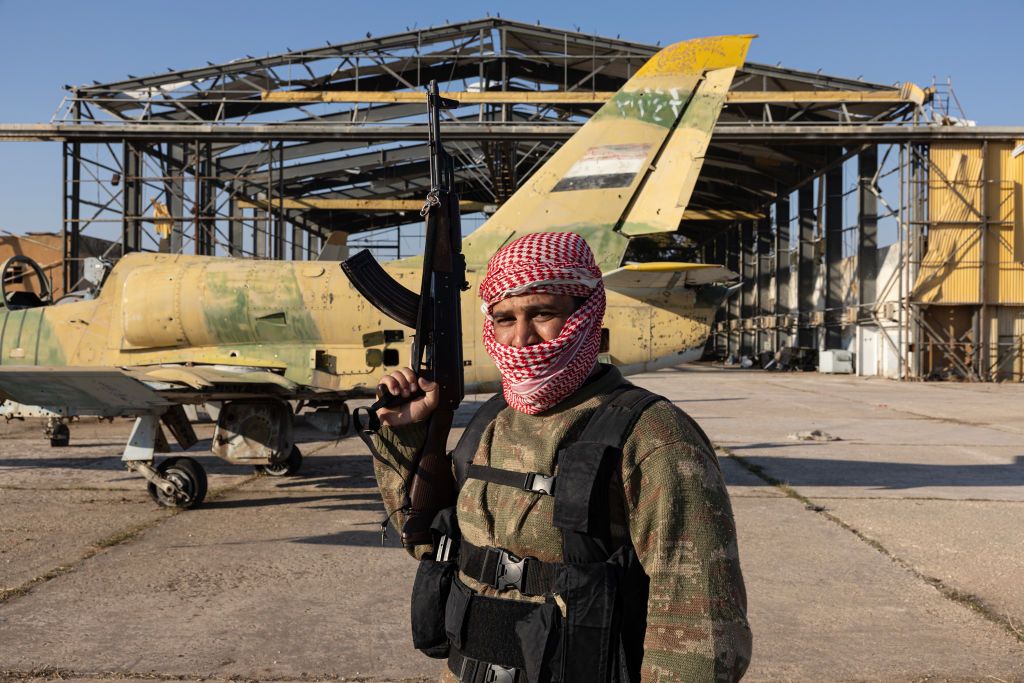Assad regime collapse in Syria exposes weakness of Russia, Iran, EU's top diplomat says

The fall of Syrian President Bashar al-Assad regime underscores the fragility of his allies Russia and Iran, European Union High Representative for Foreign Affairs Kaja Kallas stated on Dec. 8 on X.
Syrian rebels announced on Dec. 8 that they had ousted Assad from the capital city of Damascus.
In her post on X, Kallas described Assad’s fall as a “positive and long-awaited development," saying that the collapse "shows the weakness of Assad’s backers, Russia and Iran."
She also stressed the necessity of global cooperation to stabilize Syria and ensure broader regional security.
The Assad regime's apparent stability unraveled in late November, when a rapid rebel offensive dismantled Assad’s hold on power within just two weeks.
Russia, a long-standing supporter of Assad, maintained substantial military infrastructure in Syria, including the Tartus Naval Base and the Khmeimim Air Base. The rebellion’s rapid advance marks a pivotal shift in Russia’s regional influence.
Moscow reportedly began withdrawing its military presence from Syria, Ukraine's military intelligence agency said on Dec. 8.
U.S. President-elect Donald Trump remarked earlier the same day that Assad’s fall highlights Russia’s strained foreign policy, as it struggles to manage its involvement in Syria while remaining committed to the ongoing war in Ukraine.












